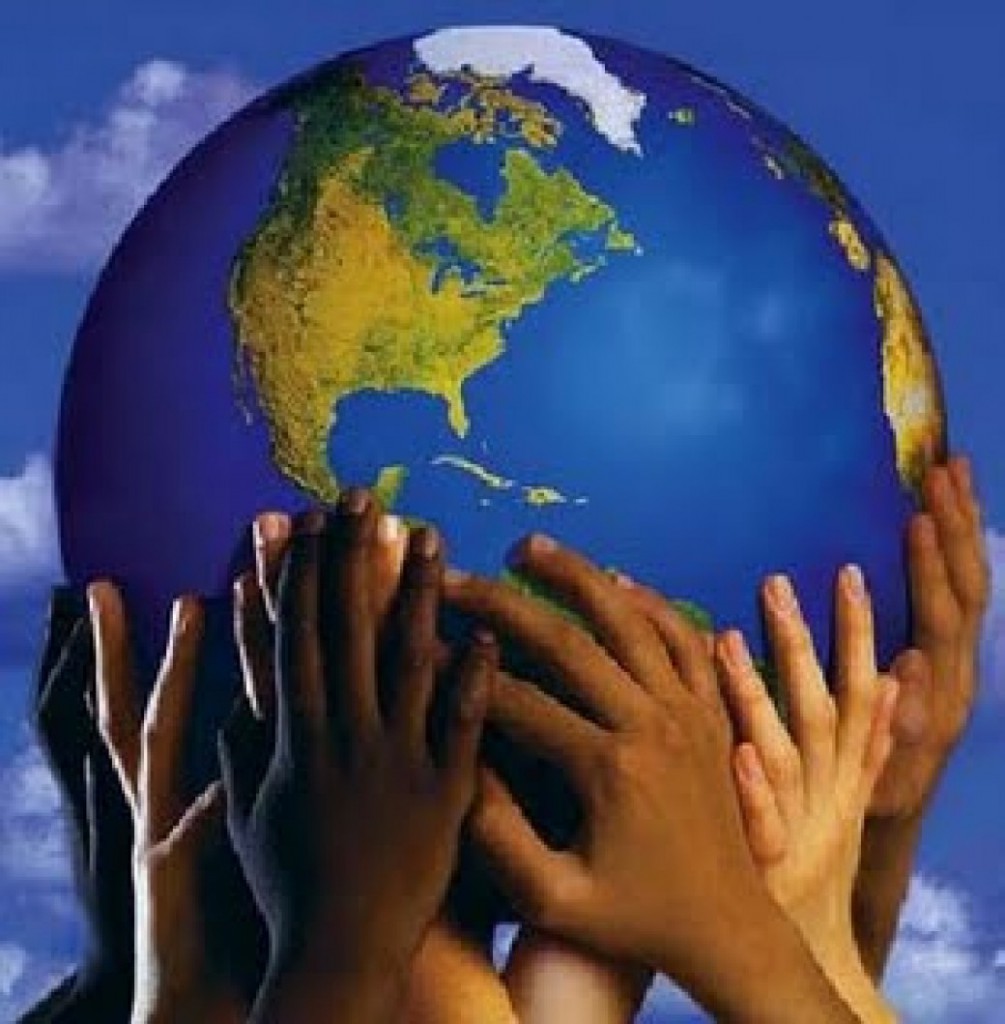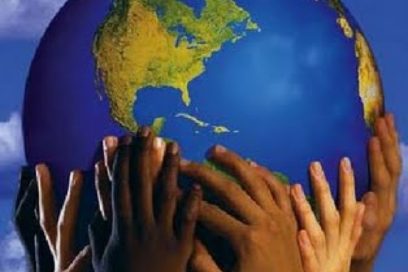 On September 2000, it was passed in the United Nations (U.N.) by 189 member States, the Declaration of the Millennium with eight objectives that should be reached in 2015: eradication of extreme poverty and hunger; be able to graduate from universal elementary school, promote equality of mankind, reduce child mortality rate, improve maternity medical assistance, fight HIV/AIDS and other illnesses, guarantee sustainability of the environment, and promote an international association for development.
On September 2000, it was passed in the United Nations (U.N.) by 189 member States, the Declaration of the Millennium with eight objectives that should be reached in 2015: eradication of extreme poverty and hunger; be able to graduate from universal elementary school, promote equality of mankind, reduce child mortality rate, improve maternity medical assistance, fight HIV/AIDS and other illnesses, guarantee sustainability of the environment, and promote an international association for development.
After the fulfillment of the deadline period, the 56 percent of the working class from the poor countries are unemployed. Only in 2014, about 15 million children were trapped in armed conflicts. As consequence of these wars every day in 2013 were displaced 32, 000 people searching for protection.
About 126 million youngsters in the world do not know how to read and write, 35 millions of them are from Latin America. More than the 60 percent of the illiterates are females.
Preventable illnesses are the main cause of death in children in less advanced regions. It is estimated that 748 million people do not have drinkable water and that one billion people do not have sanitary installations. In 2012 about 600 children died as consequence of AIDS every day.
In relation to the emanation of gasses with winter effect to the atmosphere, they have increased in 50 percent since 1990.
In Cuba, despite the blockade imposed by the United States (U.S.), “The goals foreseen in the Millennium Declaration have been fulfilled almost 100 percent,” recently said the first deputy president of the Councils of State and Ministers Miguel Diaz-Canel in the Latin American Summit. The country has a child mortality rate of 4,2 for every 1,000 born alive child, reached since 2013, and the maternity rate under 27 for every 100,000 for three consecutive years, considered the lowest worldwide.
In 1980, the richest nations agreed to help with the 0,7 percent of their gross domestic product (GDP) to those developing countries, although the majority does not honor their obligations. In front of the lack of political will, it is necessary a new international economical order.
During the Rio Summit in 1992, the historical leader of the Cuban Revolution, Fidel Castro Ruz said: “… We should have a better distribution of the resources and the available technologies in the planet. Less luxury and fewer wastes in few countries so there would be less poverty and less hunger in a great part of the Earth… Pay the ecological debt and not the external debt. We should make hunger disappear and not the man.”
There is a lot to do; we have only fulfilled the third part of the objectives.
In this sense, Army General Raul Castro Ruz said in Caricom-Cuba Summit last December 8, 2014: “The challenges of the 21st century force work together so we can face the natural disasters, the effects of the weather change, arrange approaches on the Agenda of the Development post-2015 and specially, all together face the mechanisms of power imposed by the unjust international finance system.”


